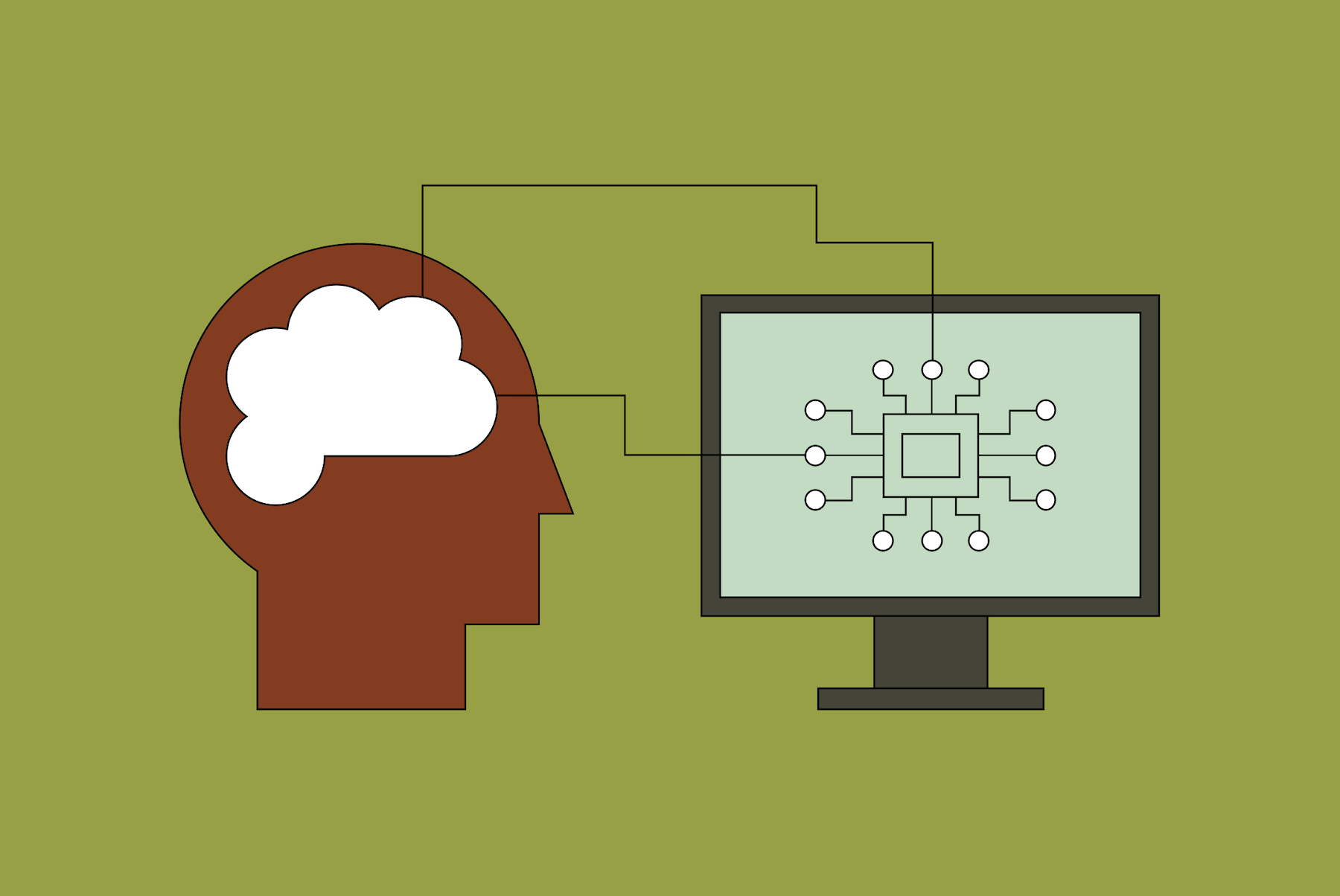ICIP and AI – What Is a Good Digital Ancestor?

At Tika EQ, we often explore how technology, culture, and ethics intersect and nowhere is that intersection more urgent than in the rise of Artificial Intelligence (AI).
Across sectors, AI is transforming how we record, analyse, and share information. Yet as these systems learn from the past and shape the future, they raise a profound question: What does it mean to be a good Digital Ancestor?
Why Indigenous Knowledge Matters in the Digital Age
For First Nations peoples, knowledge is living, connected to Country, community, and kinship. It’s held in story, song, and practice, and guided by protocols that define who can share, interpret, and protect it.
This living relationship to knowledge stands in stark contrast to how digital systems often treat data: as open, extractable, and universal. When artificial intelligence draws on cultural content, art, or language without permission, context, or attribution, it risks not just misrepresentation, but cultural harm. This is where IndigenousCultural and Intellectual Property (ICIP) becomes essential.
ICIP recognises the collective rights ofIndigenous peoples to own and control their cultural heritage, traditional knowledge, and expressions. It challenges the idea that data is neutral and reminds us that information carries lineage.
The Ethical Challenge: Whose Knowledge, Whose Control?
As AI tools become more powerful, questions of ownership, consent, and attribution grow more complex. Many algorithms are trained on datasets scraped from the internet, including Indigenous stories, images, designs, and voices, without permission or understanding of their cultural significance. In this way, AI systems can become digital colonisers, replicating patterns of extraction and appropriation that FirstNations peoples have resisted for generations.
To move forward ethically, organisations must ask not only what AI can do, but what it should do and who it should serve.
Becoming a Good Digital Ancestor
The concept of being a good ancestor is deeply rooted in Indigenous worldviews; the idea that our choices today shape the wellbeing of future generations. In the digital realm, this principle becomes a guiding question for leadership and design:
What kind of digital systems are we creating, and what will they leave behind?
A good Digital Ancestor is one that:
- Respects Indigenous data sovereignty, ensuring that First Nations peoples control how their knowledge and cultural materials are used.
- Embeds ICIP principles into digital design, data governance, and AI development.
- Seeks consent, not just access, and prioritises relationships over transactions.
- Protects cultural integrity, recognising that not all knowledge should be digitised, shared, or replicated.
- Designs for intergenerational impact, ensuring future systems are accountable, transparent, and guided by ethical intent.
From Principles to Practice
For organisations engaging with AI, reconciliation, and data ethics, this isn’t abstract philosophy - it’s practical responsibility.
Leaders can start by:
- Embedding ICIP awareness in digital strategy and procurement policies.
- Partnering with Indigenous technologists, artists, and knowledge holders from the outset.
- Reviewing data governance frameworks through a cultural lens, asking who benefits, who decides, and who is accountable.
- Investing in digital literacy and cultural safety training for teams working with AI and data.
- SupportingIndigenous-led research and innovation in the tech sector.
These steps help shift the conversation from inclusion to integrity, ensuring that technology development honours both cultural and ethical obligations.
Holding the Digital Future With Care
Technology does not exist outside culture; it reflects our values, intentions, and blind spots. When we integrate ICIP principles into AI and data practices, we aren’t just protecting cultural heritage; we’re shaping a future where digital systems are guided by care, reciprocity, and respect. Being a good Digital Ancestor means designing with humility, understanding that our creations will outlive us, and ensuring they inherit our best, not our biases.
Where to From Here
As organisations navigate the promises and perils of AI, the path forward begins with listening, to communities, toCountry, and to those who have been caretakers of knowledge for millennia. At Tika EQ, we believe that ethical technology starts with relational accountability - how we connect, how we consult, and how we carry what we learn. To be a good Digital Ancestor is to remember that intelligence, artificial or otherwise, is only as wise as the values that guide it.